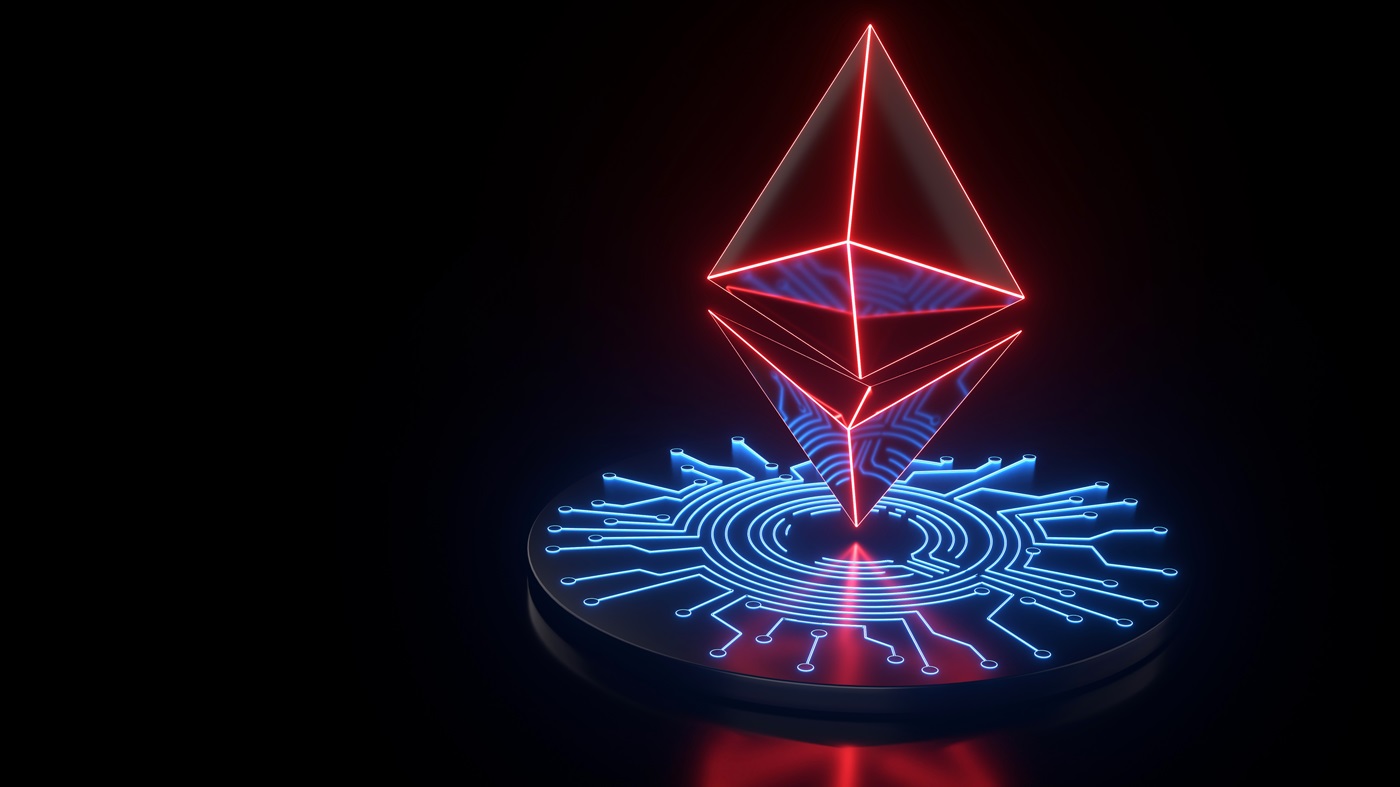Ethereum co-founder Vitalik Buterin outlined an ambitious set of proposals for the Ethereum network focused on solving critical problems such as centralizing staking, increasing scalability and security. In an interview with Turkish NFT platform Defiant, Buterin emphasized the need to overhaul Ethereum’s staking mechanism to improve decentralization.
“We need to foster healthier staking pools,” he emphasized, adding that one of the biggest changes “is the realization that something needs to be done about centralizing staking, and the current state of the various pools (…) is not very healthy, and I think there is a big opportunity to redesign the staking system to alleviate some of these issues.”
Major changes to Ethereum
Buterin also discussed the upcoming EIP-4844 upgrade, known as Danksharding. “This upgrade will increase the data map space to 16 MB per slot,” he explained, emphasizing its importance in improving Ethereum’s scalability and efficiency.
He also said:
In general, when it comes to scaling (…) I think the pendulum has shifted a bit towards off-chain data because of the higher level of security you can get off-chain. The plasma idea I talked about a few days ago is a good example. Additionally, (we are) continuing to work on improving Merkle trees, SNARKs, and all EVMs. (…) But in terms of functionality, there is nothing new.
He also proposed a voting system for future network changes, with the goal of democratizing the process and potentially eliminating the need for a hard fork. Buterin also explored advanced concepts such as private mempools, ERC-4337, code pre-compilation, and Zero-Knowledge Ethereum Virtual Machines (ZK-EVMs). He emphasized the importance of these features in improving network performance and user security.
He also advocated for reducing reliance on centralized servers and promoting software advancements such as Portal Network and Helios for more distributed peer-to-peer networks. “Our goal is to move away from reliance on centralized nodes and allow users to verify their data independently,” he said.
Buterin is optimistic
Revisiting the concept of Plasma, a scaling solution he co-invented with Joseph Poon, Buterin noted that the integration of Zero-Knowledge Succinct Non-Interactive Arguments of Knowledge (ZK-SNARK) improves compatibility with complex systems.
Overall, Buterin concluded on an optimistic note, congratulating Ethereum on its successful transition to proof-of-stake and highlighting progress in scalability solutions and security advancements. The proposed changes are expected to make Ethereum more scalable, secure, and efficient, potentially lowering barriers for new users and developers and creating a more inclusive and robust ecosystem.
He said, “I’m excited that after all the hard work, there’s finally light in the tunnel. (…) Just as Merge happened, scalability solutions are happening (Arbitrum, zk-Sync). (…) And there is light in the tunnel of Dank-Sharding. I think the fact that we have both Dank-Sharding and Plasma takes a huge burden off my shoulders. Because for Ethereum to be scalable, only one of these needs to succeed.”
At press time, ETH was trading at $2,023.
Featured image from Shutterstock, chart from TradingView.com

